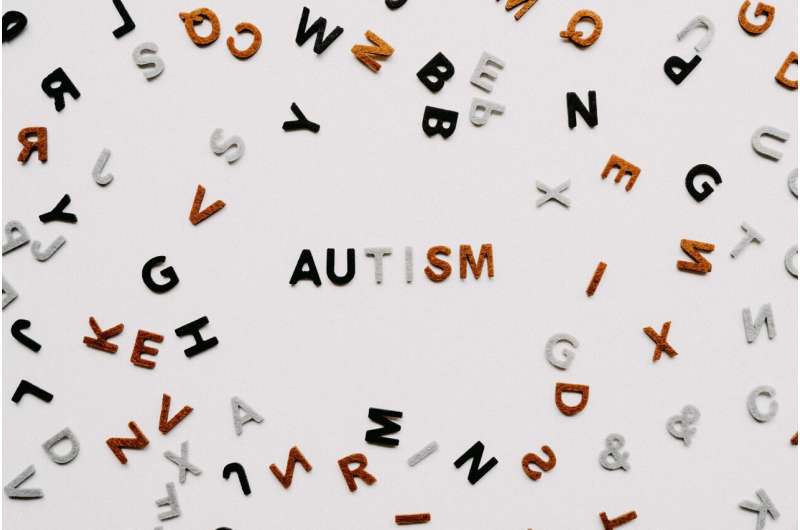Genetic and Developmental Differences Distinguish Early versus Late Autism Diagnoses

A groundbreaking study reveals that autism diagnosed early and late in life have distinct genetic and developmental profiles, highlighting the need for personalized support strategies.
Recent research led by the University of Cambridge has shed light on the distinct genetic and developmental profiles associated with autism diagnoses at different life stages. The study analyzed behavioral data spanning childhood and adolescence from the UK and Australia, along with genetic information from over 45,000 individuals diagnosed with autism across various large cohorts in Europe and the US.
Findings indicate that children diagnosed with autism earlier (typically before age six) tend to exhibit social interaction difficulties from a very young age. In contrast, those diagnosed later in childhood or adolescence often experience social and behavioral challenges during adolescence and are more prone to mental health conditions such as depression, ADHD, and PTSD.
The genetic analysis revealed that these divergent developmental pathways are underpinned by different genetic profiles. Autism diagnosed early shows genetic overlap with traits related to social interaction difficulties, whereas late-diagnosed autism shares genetic similarities with ADHD and mood disorders. The study estimates that approximately 11% of the variation in age at autism diagnosis can be explained by polygenic genetic factors.
The researchers emphasize that autism is not a single condition but likely comprises multiple subtypes with distinct biological and developmental bases. They suggest that understanding these differences can improve early detection, support tailored interventions, and foster better support systems for autistic individuals of all ages.
The findings also imply that social and environmental factors, such as access to healthcare and awareness, contribute to the timing of diagnosis. Ultimately, recognizing the diverse trajectories and genetic influences behind autism can lead to more individualized approaches in diagnosis and support, aiding in the mental health and well-being of autistic people.
Source: https://medicalxpress.com/news/2025-09-reveals-genetic-developmental-differences-people.html
Stay Updated with Mia's Feed
Get the latest health & wellness insights delivered straight to your inbox.
Related Articles
Long-Term, Sex-Specific Immune Alterations in Fetuses Exposed to Zika Virus, Study Finds
Research reveals that fetuses exposed to Zika virus experience long-lasting, sex-specific immune changes, increasing susceptibility to infections and inflammatory diseases later in life. Learn more about these significant findings.
New Therapeutic Target Could Prevent Transition from Chronic Gut Inflammation to Cancer
Researchers at Charité Berlin have identified a new immune pathway involving interleukin-22 and oncostatin M that could lead to targeted therapies for preventing cancer in chronic gut inflammation cases, offering hope for high-risk patients.
Educational Strategies Drive Adoption of Lifestyle Medicine in Health Systems
A recent study reveals that targeted educational strategies—such as CME courses, certifications, and conferences—are key to integrating lifestyle medicine into healthcare systems, supporting clinician education and practice change.
Saliva Molecular Markers Offer Non-Invasive Prediction of Cancer, Heart Disease, and Parkinson's Risk
New research reveals saliva contains genetic markers that could predict the risk of developing cancer, heart disease, and Parkinson's through non-invasive testing, advancing early diagnosis and personalized medicine.



